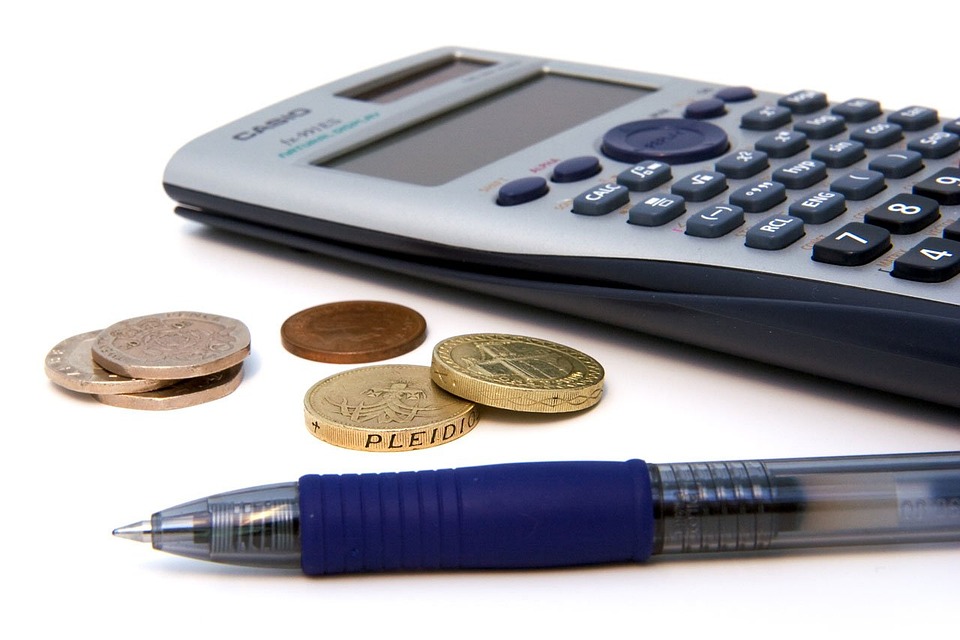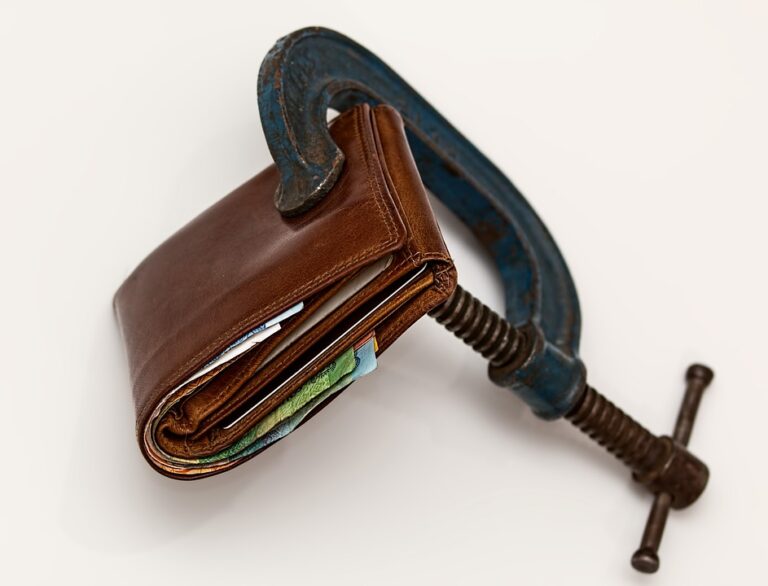Last updated Jun. 24, 2024 by Peter Jakes
Purchasing a used car is a practical and often cost-effective way to get behind the wheel of a reliable vehicle. However, it requires diligent research, careful consideration, and an awareness of potential pitfalls. Here are some essential tips for buying a used car, along with a FAQs section at the end to address common concerns.
Setting Your Budget
The first step in buying a used car is to set a realistic budget. This not only includes the purchase price but also factors in additional costs such as taxes, registration, insurance, and potential repairs.
Determine How Much You Can Afford
Be honest about what you can afford. Financial experts often recommend that your car payment should not exceed 15% of your monthly take-home pay. Also, remember to budget for ongoing maintenance and fuel costs.
Consider Financing Options
If you need financing, check your credit score and get pre-approved for a loan. This can give you a better idea of what you qualify for and helps you negotiate better terms.
Research and Decide on the Right Car
Your next step is to research different makes and models that fit your budget and needs.
Know Your Needs
Consider what you’ll be using the car for. Do you need a fuel-efficient commuter car, a family-friendly SUV, or a rugged truck for off-roading? This will help narrow down your choices.
Check Reliability and Ownership Costs
Use resources like Consumer Reports, Edmunds, and Kelley Blue Book to compare the reliability and ownership costs of various models. Look into the common issues each model may have and what typical repair costs are.
Locate Used Cars for Sale
Once you know what you want, start looking at where to buy it.
Dealerships
Dealerships often provide certified pre-owned cars that come with warranties and have been inspected. However, they tend to be more expensive than private sellers.
Private Sellers
Buying from a private seller can be cheaper, but it can also be riskier. Ensure you thoroughly vet both the car and the seller.
Online Marketplaces
Websites like Craigslist, Autotrader, and CarMax list thousands of vehicles. Use filters to narrow down your search by location, price, mileage, and other preferences.
Inspecting and Test Driving
Whether you’re buying from a dealer or a private seller, always inspect the vehicle and take it for a test drive.
Exterior and Interior Check
Look for dents, rust, and paint inconsistencies which may indicate previous damage. Inside, check for wear and tear, especially if the car is older.
Mechanical Inspection
Even if you’re not a mechanic, you can do a basic inspection. Check the oil, brakes, and tire condition. Look at the engine and under the car for leaks.
Test Drive
A test drive is your chance to see how the car performs. Drive on different types of roads and pay attention to how it handles, brakes, and accelerates. Listen for any unusual sounds.
Get a Professional Inspection
Consider hiring a mechanic to do a thorough inspection. This may cost you, but it can save you from buying a vehicle with hidden issues.
✓ Short Answer
When buying a used car, set a realistic budget, research reliable models, and carefully inspect the car. Take it for a test drive and consider getting a professional inspection to avoid hidden issues.
Check the Vehicle History Report
A vehicle history report is crucial. This report includes details on past ownership, accidents, and service history. CARFAX and AutoCheck are reliable sources for this information.
Negotiate the Price
Once you’ve decided on a car and have inspected it, it’s time to negotiate.
Do Your Research
Know the market value of the car you’re interested in. Use tools like KBB to understand how much similar cars are selling for. This gives you a solid footing for negotiation.
Start Low
Start with a lower offer than what you’re willing to pay. This gives you room to negotiate upwards. Be prepared for the seller to counter-offer.
Be Ready to Walk Away
Sometimes, the deal isn’t right. Be prepared to walk away if the seller isn’t willing to meet your price.
Finalizing the Purchase
Once you’ve agreed on a price, there are still a few more steps before you drive away.
Paperwork
Make sure all paperwork is in order. This includes the title, bill of sale, and any warranty documents. If you’re buying from a dealer, they’ll often handle this, but for private sales, ensure everything is signed and dated correctly.
Payment
Secure your payment method. If paying cash, get a receipt. For loans, ensure all loan agreements are clear and understood.
Registration and Insurance
You’ll need to register the car in your name and get insurance. Do this as soon as possible to avoid legal issues.
Maintenance and Ongoing Care
Taking care of your car ensures it runs well and keeps its value.
Regular Maintenance
Stick to a regular maintenance schedule. Refer to the owner’s manual for specifics, but generally, this includes oil changes, tire rotations, and brake checks.
Keep Records
Keep detailed records of all services and repairs. This not only helps you keep track of what has been done but can also be a selling point if you sell the car later.
Address Issues Promptly
Don’t ignore minor issues. Small problems can become big problems if left unaddressed.
FAQs
How can I avoid buying a lemon?
To avoid buying a lemon, always get a thorough inspection by a trusted mechanic, obtain a vehicle history report, and consider purchasing from a reputable dealer who offers a warranty.
Is it better to buy from a dealership or private seller?
Each has its pros and cons. Dealerships may offer certified pre-owned cars with warranties but can be more expensive. Private sellers can be cheaper but come with higher risk and less legal protection.
Should I always get a vehicle history report?
Yes, a vehicle history report provides crucial information about past ownership, accidents, and maintenance, helping you make an informed decision.
Can I test drive a used car?
Absolutely. A test drive is essential to ensure the car’s condition and to see how it handles on the road. Pay close attention to any unusual sounds or malfunctions during the drive.
How do I know if the price is fair?
Use resources like Kelley Blue Book, Edmunds, and NADA Guides to compare prices of similar vehicles. Knowing the market value helps you negotiate better and avoid overpaying.
How much should I budget for maintenance and repairs?
Maintenance and repair costs vary by vehicle make, model, and age. On average, budgeting $500 annually for maintenance and unexpected repairs is advisable, but luxury and older cars may require more.
Can I return a used car after purchase?
This depends on where you buy it. Some dealerships offer return policies or exchange programs, but private sales typically do not. Always understand the terms before finalizing the purchase.
What do I need to finalize the purchase?
You’ll need the title, bill of sale, and any loan documentation if financing. You’ll also need to register the vehicle and get insurance before you can legally drive it.
How important is a test drive?
A test drive is very important to ensure the vehicle runs smoothly and to identify any potential issues. Always insist on a test drive before agreeing to purchase.
Do I need to read the owner’s manual?
Yes, the owner’s manual provides valuable information about maintenance schedules and operation guidelines, helping you keep the car in optimal condition.
Buying a used car can be a smart, value-driven decision if done correctly. By setting a budget, doing thorough research, and performing careful inspections, you increase your chances of buying a reliable vehicle that suits your needs and budget.





![How To Correct A Mistake On A Money Order [Process Explained]](https://paypant.com/wp-content/uploads/2024/06/How-To-Correct-A-Mistake-On-A-Money-Order-Process-768x512.jpg)
